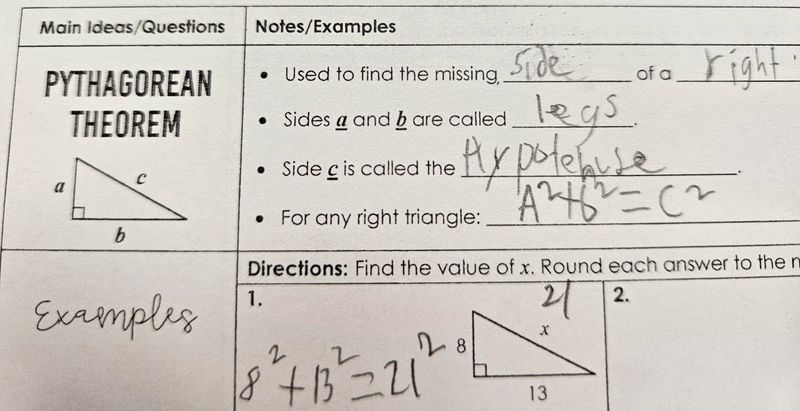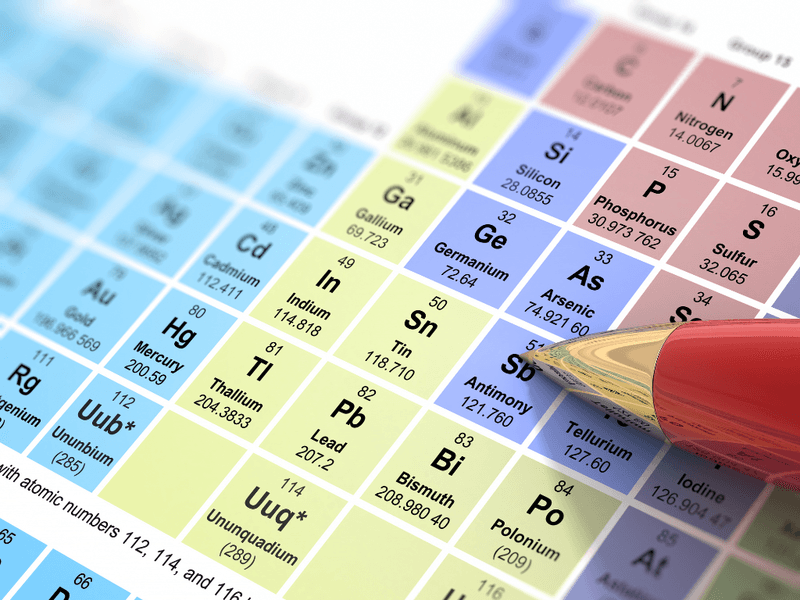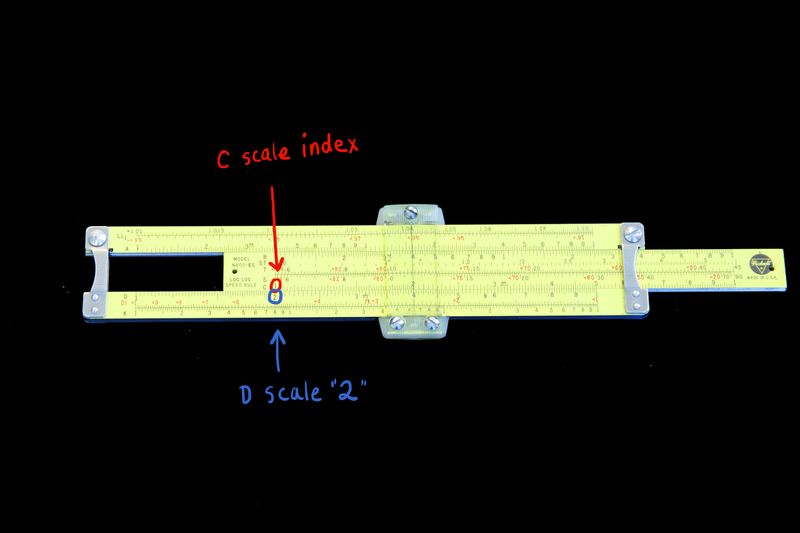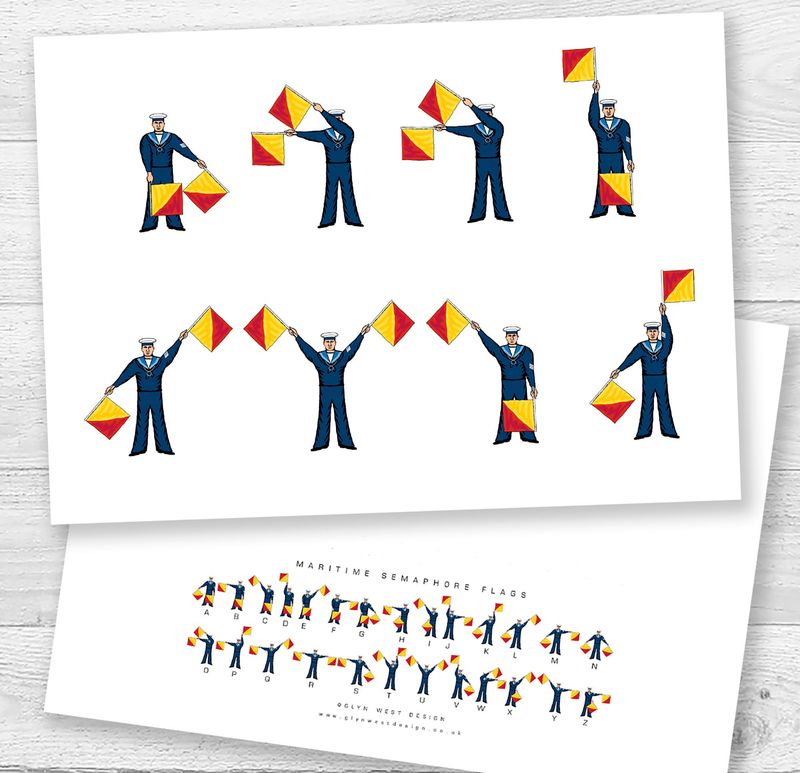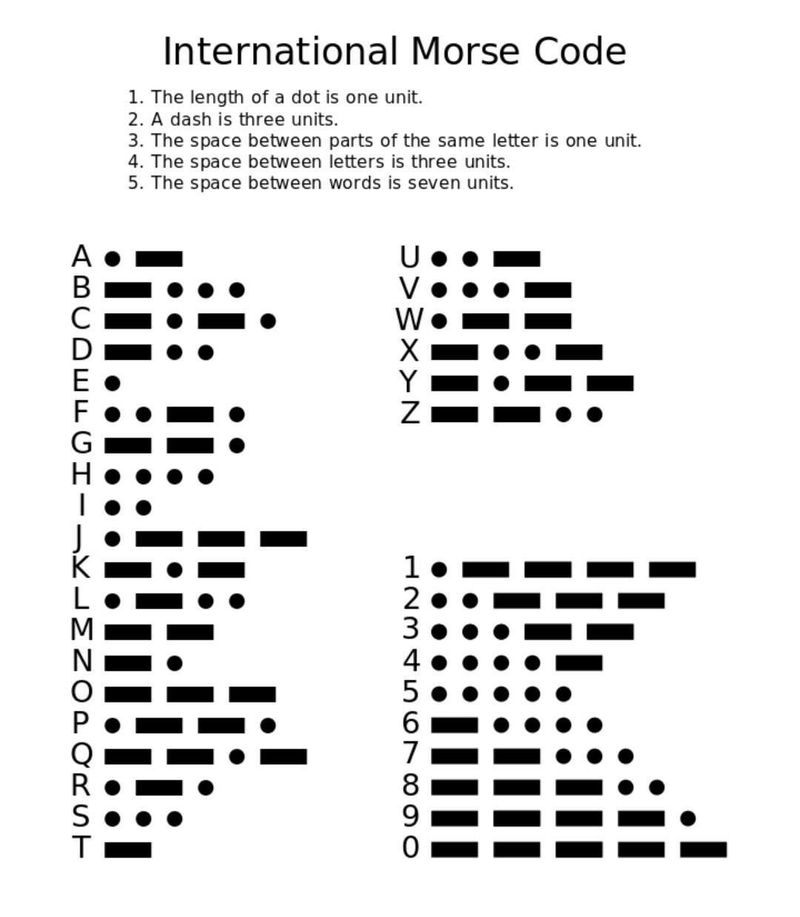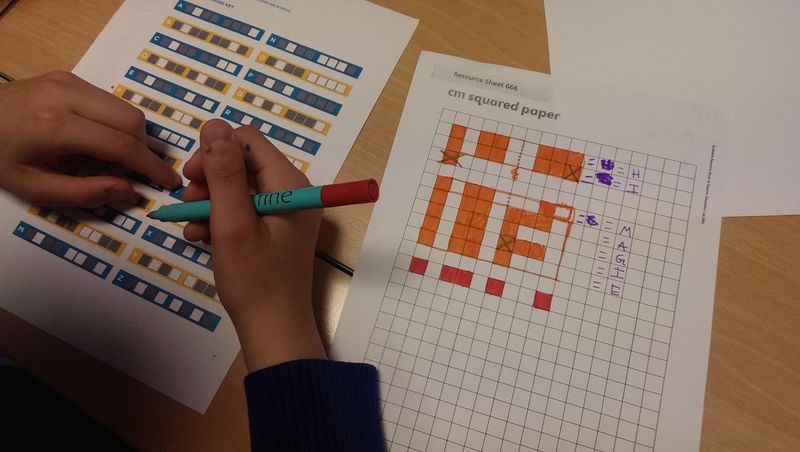Have you ever found yourself wondering why you spent years memorizing facts and figures in school that seem to have no real-world application? You’re not alone. Many of us have pondered the utility of certain lessons taught in school. In this blog post, we’ll delve into 15 topics that might have felt important at the time but are rarely, if ever, used in our daily lives. Get ready for a trip down memory lane as we explore these subjects with a touch of humor and nostalgia!
Cursive Writing
Remember the endless hours spent perfecting the art of cursive writing? We were led to believe that cursive writing was essential for adulthood. Yet, in today’s digital age, it’s hardly ever used. Most communication happens via typing.
While some argue that cursive aids in developing fine motor skills, its utility is questionable in the modern era. Instead, focus on keyboard proficiency. Imagine how much more productive our time could have been if we’d learned touch typing instead! So, let’s appreciate cursive as a beautiful, albeit unnecessary art form.
The Pythagorean Theorem
Ah, the Pythagorean Theorem: a cornerstone of high school geometry. This mathematical principle felt crucial for exams but left many wondering about its real-world application. For most, unless you’re an architect or engineer, it’s seldom needed.
Despite its limited use, it taught us logical thinking and problem-solving skills, which are valuable. However, a broader focus on practical math skills, like financial literacy, could have been more beneficial for daily life. Understanding compound interest or budgeting might have served us better in the long run.
Periodic Table Memorization
Who can forget the daunting task of memorizing the periodic table? Every element, atomic number, and symbol committed to memory, only to be forgotten soon after exams. For most, this knowledge is rarely applicable outside of a chemistry lab.
While understanding basic chemical reactions is useful, rote memorization could be replaced with teaching critical thinking and experimentation. Encouraging curiosity about how things work on a molecular level might ignite passion and discovery, rather than memorizing facts that are easily accessible with a quick online search.
Roman Numerals
Roman numerals: essential for reading ancient texts and, perhaps, understanding some movie credits. For everyday life, they’re mostly a thing of the past. Learning them was an exercise in history rather than necessity.
While they’re occasionally useful for deciphering clock faces or Super Bowl numbers, their everyday relevance is minimal. Teaching historical context and their origin is interesting, but for practical purposes, they’re largely obsolete. Maybe it’s time to focus on more contemporary skills that align with current technology and needs.
Dissecting Frogs
Dissecting frogs was a rite of passage in biology class, intended to teach anatomy and biological functions. However, for those not pursuing a career in biology, this gruesome exercise had little practical application.
Modern alternatives, like virtual dissection software, offer a cruelty-free and equally educational experience. This could free up time to discuss broader ecological and environmental issues. Understanding ecosystems and their preservation might foster more informed citizens, rather than a narrow focus on animal anatomy.
The Great Gatsby Analysis
Literary analysis of classics like ‘The Great Gatsby’ was meant to hone our critical thinking skills. While understanding themes, motifs, and character development is valuable, the practicality of this book-specific knowledge is limited.
Encouraging creative writing or modern storytelling might resonate more with students. These skills could be applied across various media, fostering creativity and communication in the digital age. While classics have their place, diversifying the literary curriculum could better prepare students for the future.
Learning to Use a Slide Rule
Slide rules were marvels of mathematical engineering, crucial before electronic calculators became widespread. Learning to use them was once essential, now it’s a nostalgic skill.
While understanding their mechanism can be fascinating, focusing on current technologies like basic coding or data analysis might prove more practical. As technology evolves, so should our educational tools, ensuring students are equipped with relevant skills for the digital world. Embracing innovation could lead to more dynamic and engaging learning experiences.
Shakespearean Language
Deciphering Shakespeare’s language was a staple of English literature classes. While appreciating his genius and influence on the English language is important, the necessity of understanding Elizabethan English today is debatable.
Incorporating modern literature or even contemporary adaptations of Shakespeare’s plays could make lessons more relatable. This approach might inspire students to explore literature as a living art form. Encouraging diverse reading could foster a love for literature and improve language skills relevant to today’s world.
Semaphore Flags
Semaphore flags were once a crucial form of maritime communication. Learning them in school seemed essential, yet with modern communication technologies, their relevance has all but vanished.
While understanding historical communication methods is intriguing, focusing on digital literacy might be more beneficial. This includes understanding online communication, cybersecurity, and media literacy. As we navigate an increasingly connected world, these skills are more pertinent than waving flags on a distant shore.
Long Division by Hand
Long division by hand: a staple of math classes everywhere. While it taught precision and patience, calculators have taken over this task in most scenarios.
Understanding division’s concept is crucial, but focusing on mental math, estimation, or technology-driven solutions might make more sense today. Encouraging problem-solving in real-world scenarios could enhance analytical skills, preparing students for practical challenges they’ll face beyond the classroom.
Morse Code
Morse code, once a revolutionary communication tool, taught us how to send messages using dots and dashes. Today, its use is largely limited to enthusiasts and historians.
While understanding Morse code can be fun, focusing on modern communication skills, like coding or even multiple languages, could add more value. Preparing students for the future involves equipping them with skills that align with current and emerging technologies. These are the languages likely to dominate the communication landscape.
Learning to Use an Abacus
The abacus, an ancient calculating tool, was fascinating to learn but offers little utility in a world dominated by digital calculators and computers.
Appreciating its historical significance is worthwhile, but integrating technology in math education might be more effective. Introducing students to software and apps that enhance learning could foster engagement and understanding. As technology continues to evolve, so should teaching methodologies, ensuring students gain relevant and forward-thinking skills.
Home Economics: Sewing
Home economics classes introduced us to sewing, a skill that seems less essential in a world filled with ready-to-wear fashion. While sewing teaches patience and creativity, many don’t continue this hobby.
Focusing on broader life skills, like financial planning or basic cooking, might offer more practical benefits. Equipping students with diverse skills prepares them for various challenges they’ll face in adulthood. While sewing remains a valuable hobby, a more comprehensive approach to life skills education could be more beneficial.
Learning to Use a Compass
Navigating with a compass was once an essential skill, especially for explorers. But with GPS technology omnipresent, its necessity has diminished greatly.
While understanding basic navigation is important, integrating technology in geography lessons might be more impactful. Teaching students how to use digital mapping tools could prepare them for modern exploration and travel. Embracing these tools ensures students remain adept at navigating both physical landscapes and the digital world.
Learning Binary Code
Binary code, the language of computers, was introduced to demystify how machines process information. However, its practical day-to-day application for most remains limited.
Instead of focusing solely on binary, exploring broader computer science principles might be more beneficial. Introducing students to programming languages, app development, or even AI concepts could offer more applicable skills for future careers. As technology advances, so should educational priorities, ensuring students are well-equipped for a tech-driven world.


